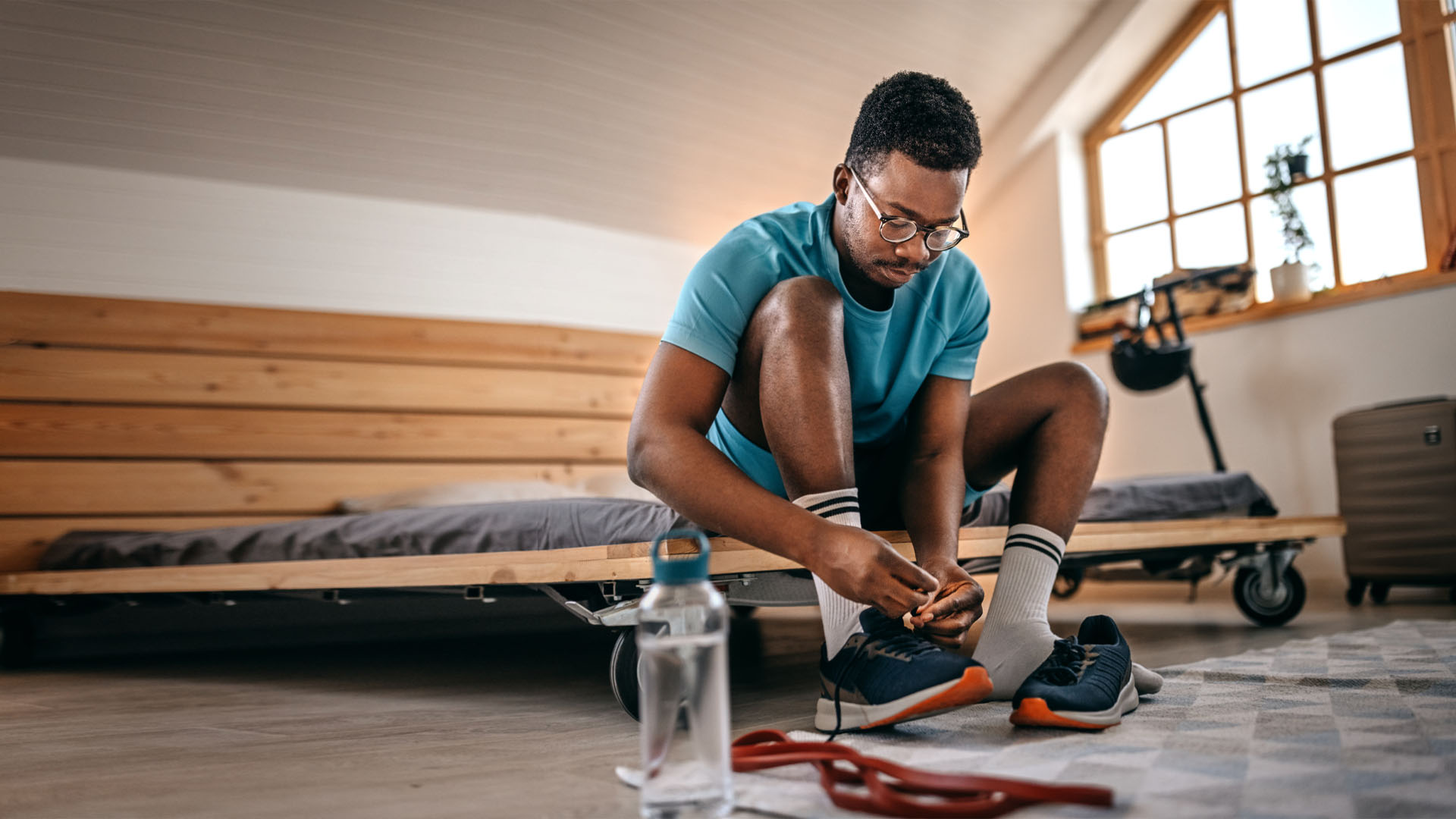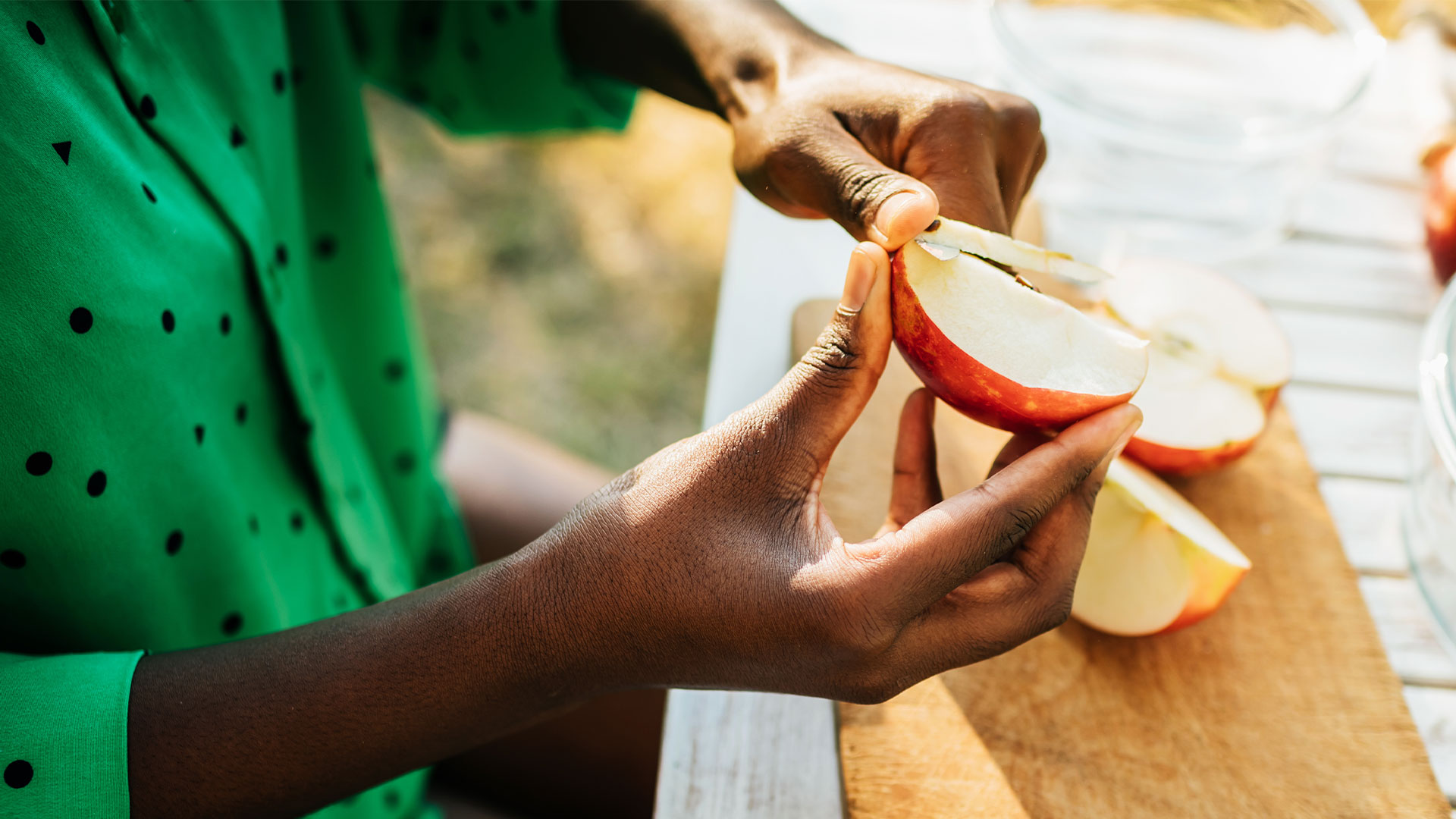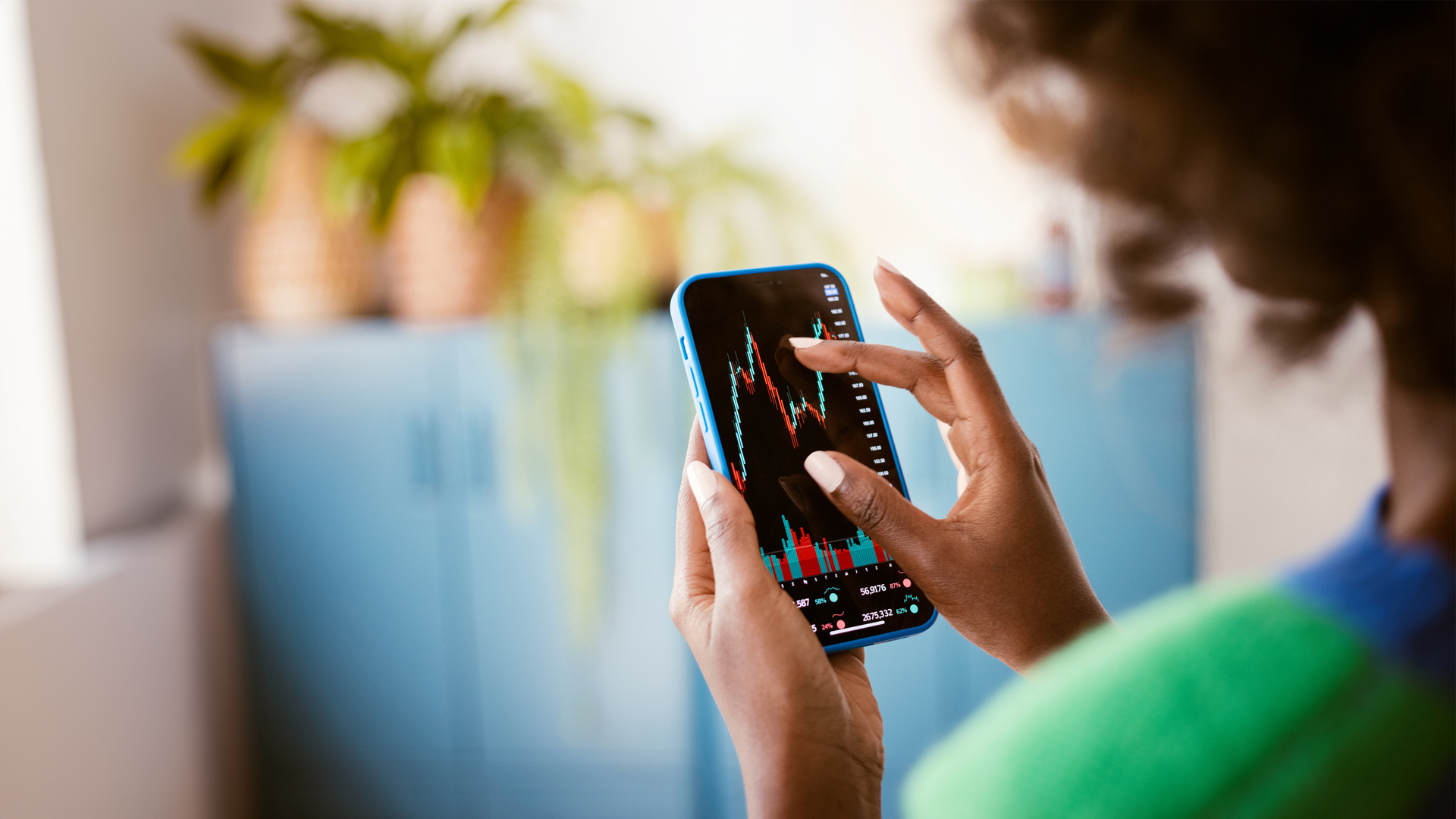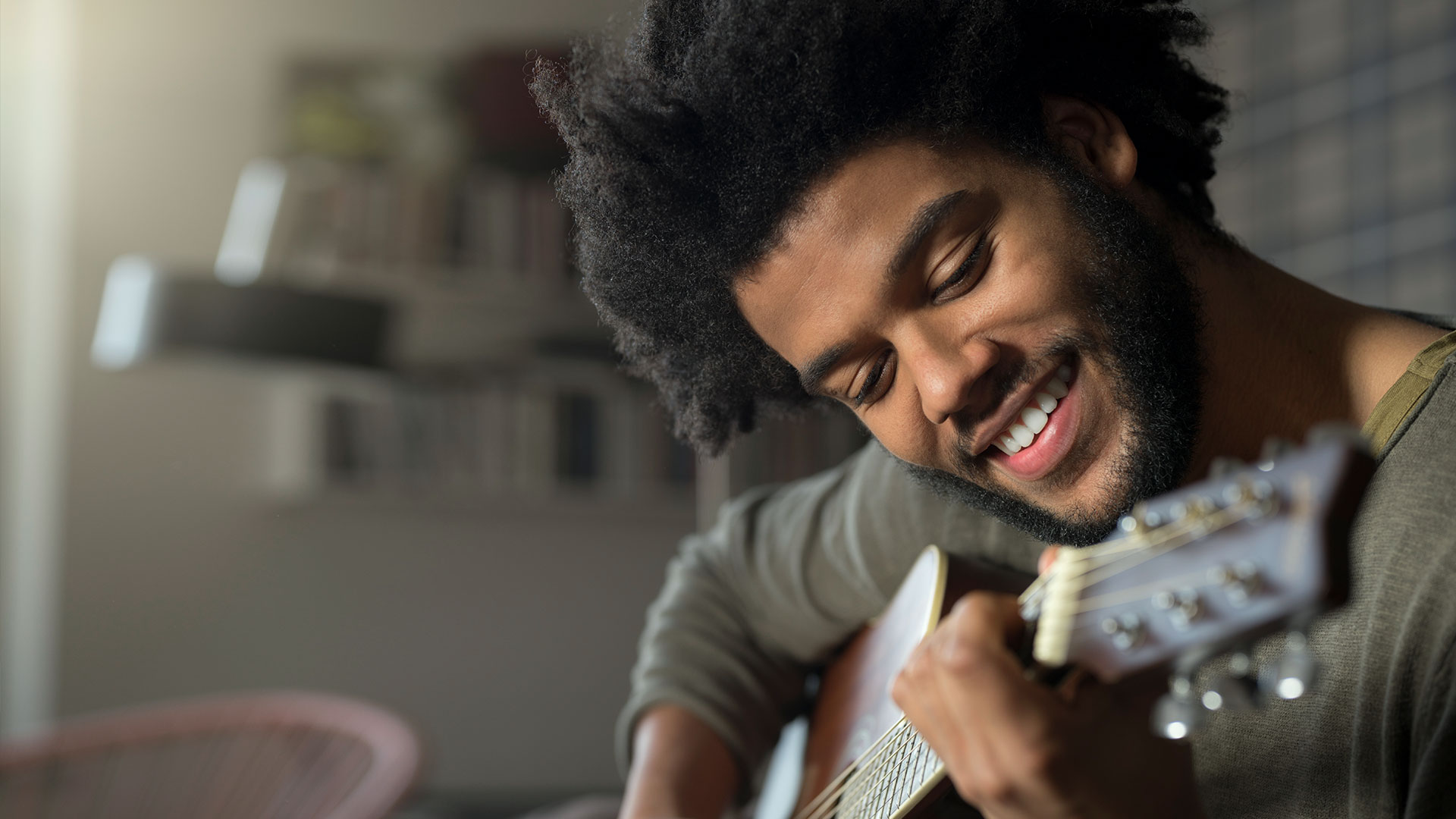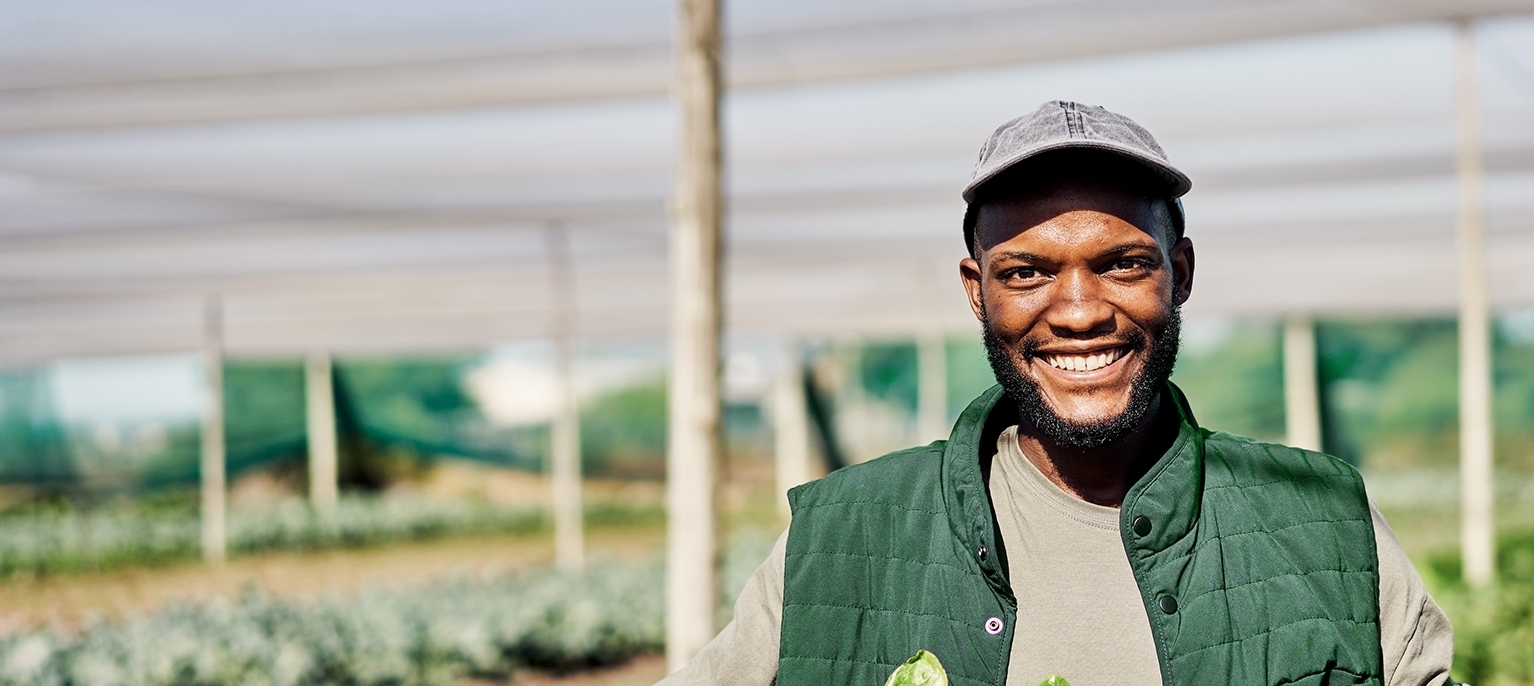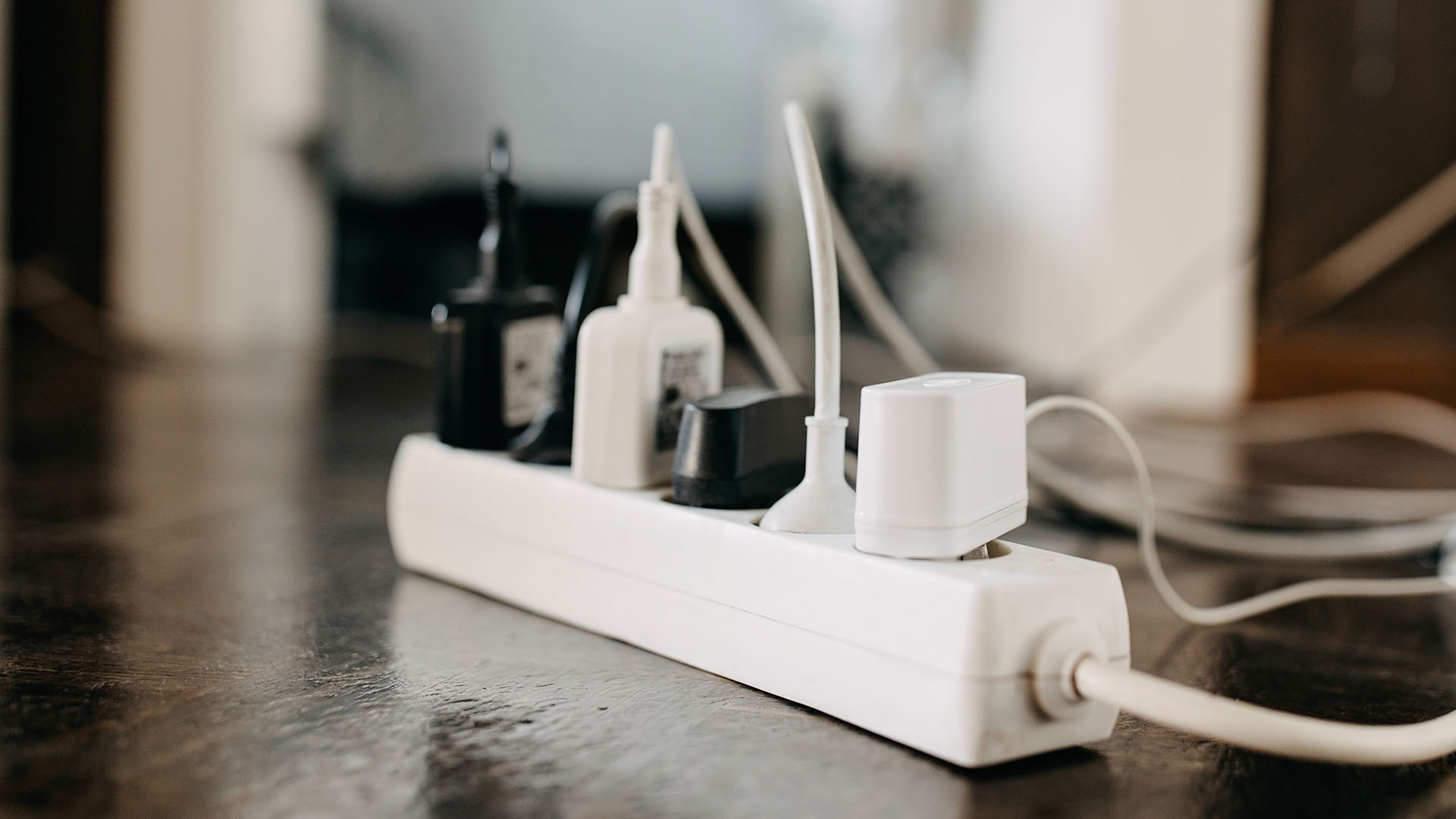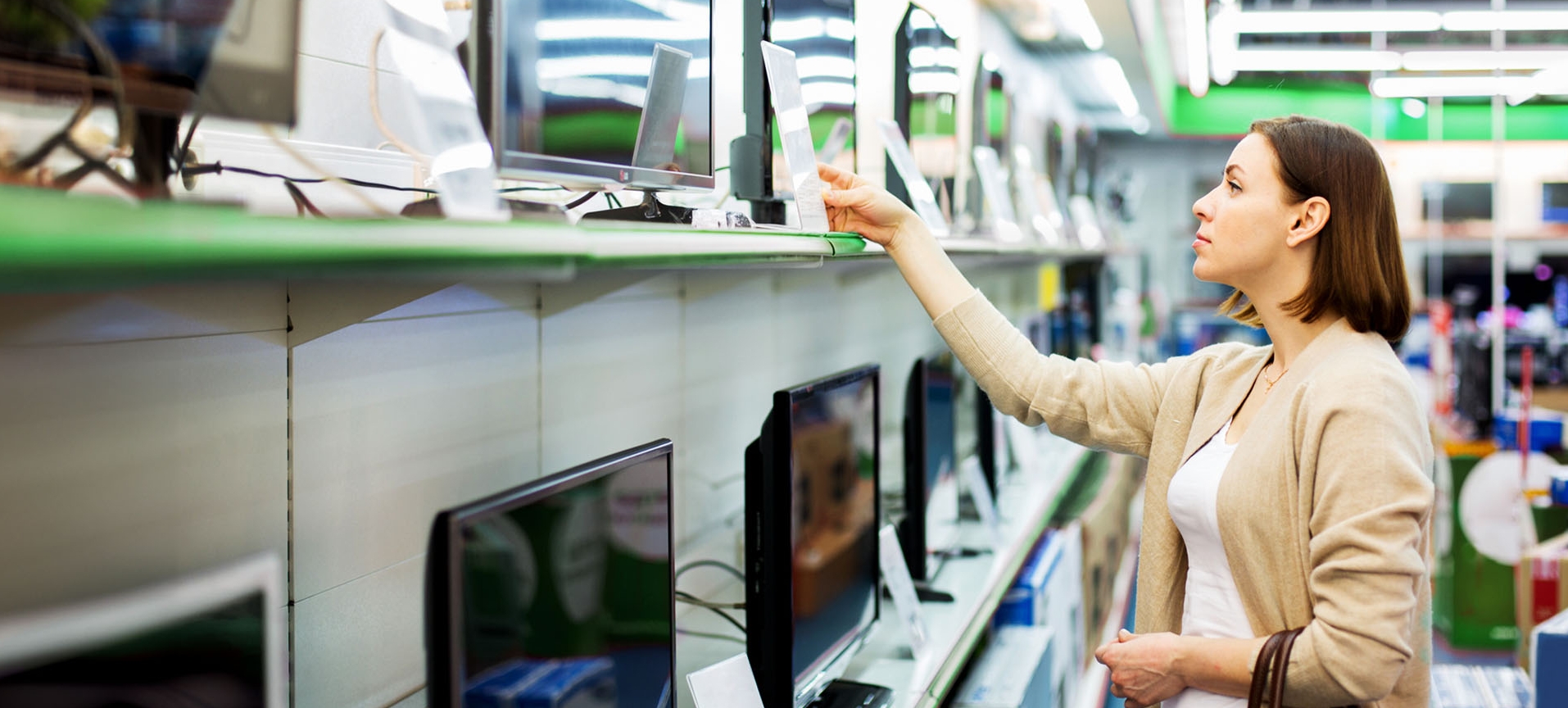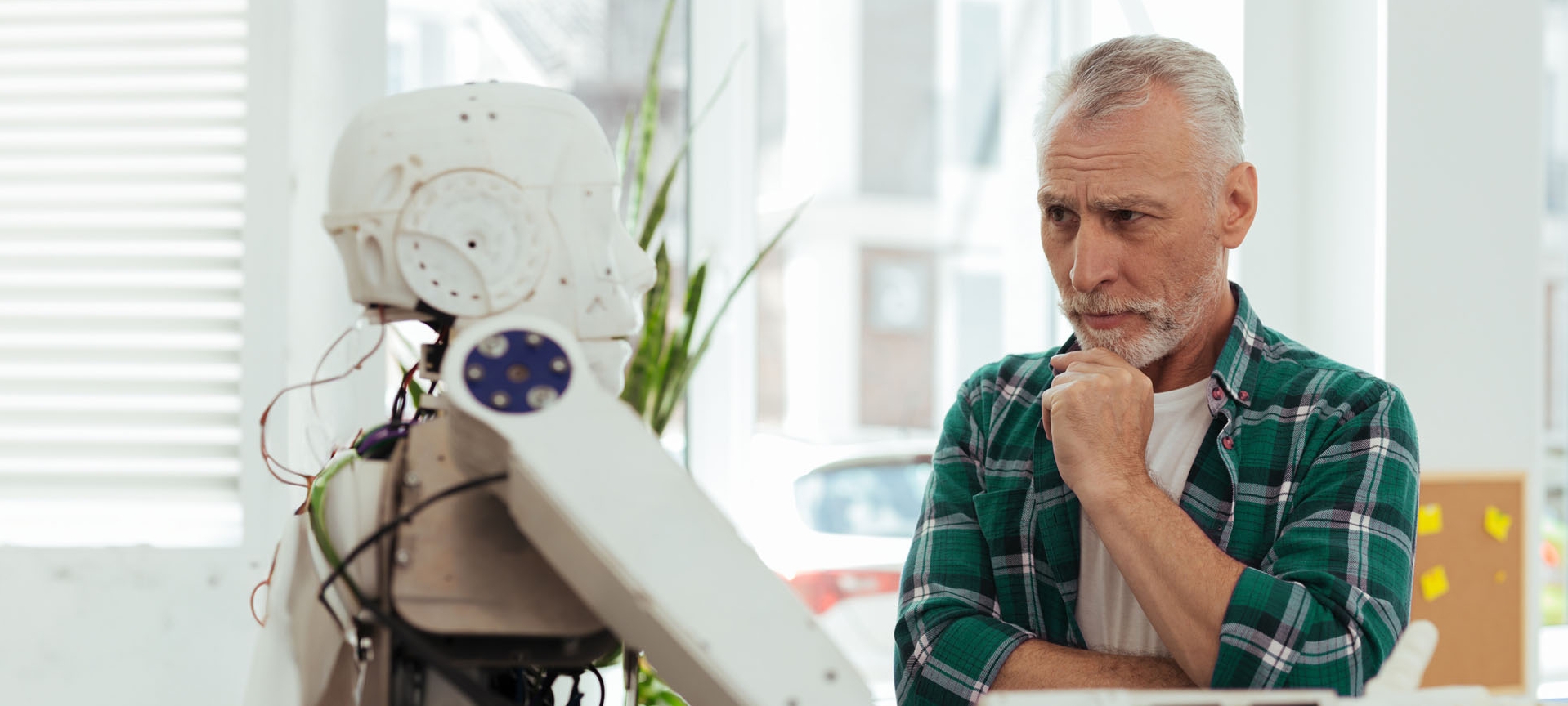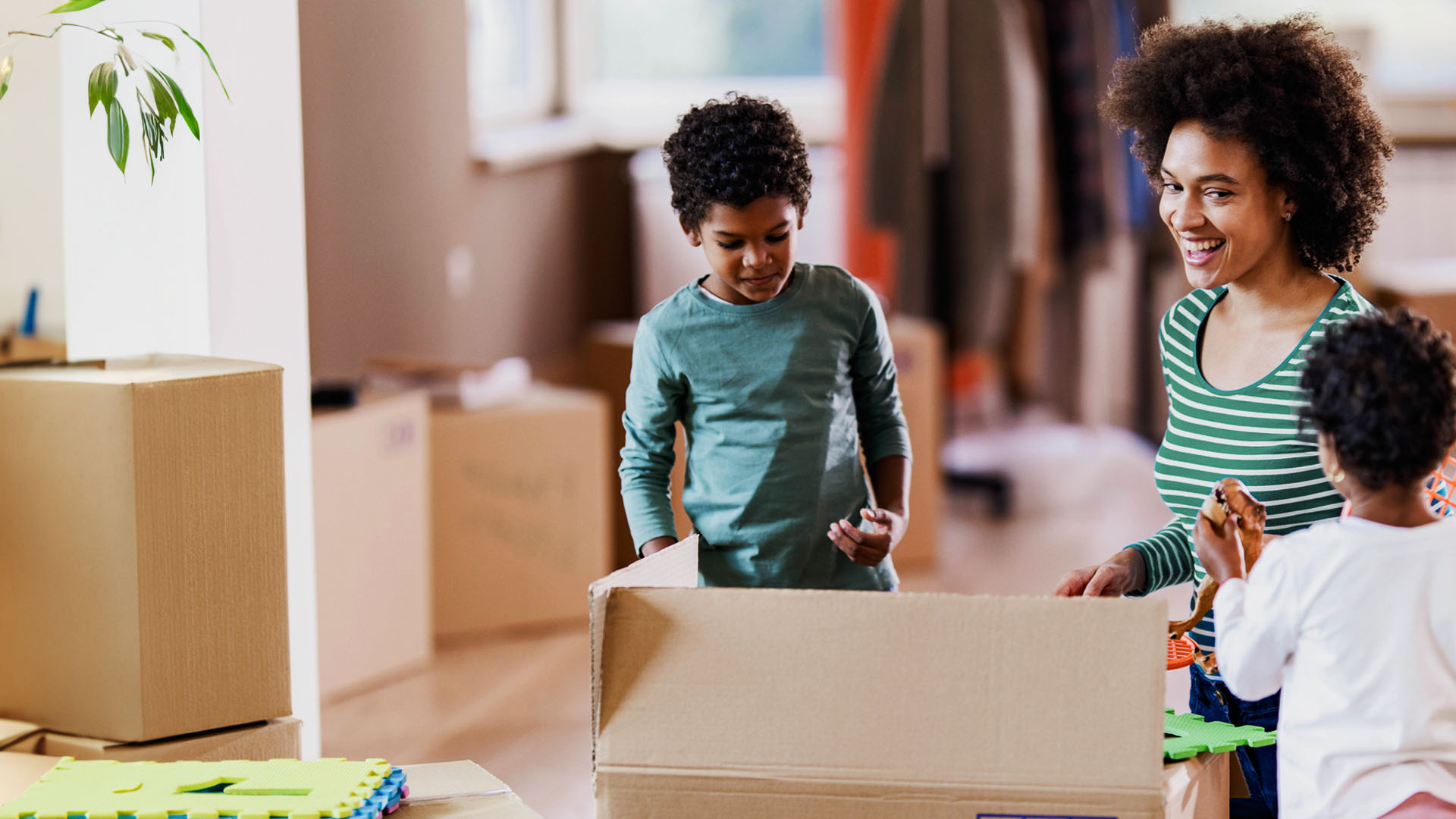What do NASA, plastic bottle waste, and a shipping container in Gauteng have in common? They're all part of a bold idea from 23-year-old Ngangelizwe Mathunjwa (Lizwe to his friends), who placed 5th in the 2024 Nedbank YouthX Business Innovation Challenge.
Growing greens, space-style
Lizwe was inspired by a surprising source: a YouTube episode of StarTalk, the popular science and astronomy show hosted by Neil deGrasse Tyson. He tells us that he’s always been fascinated by astronomy, and StarTalk covered many interesting, inspiring topics, 'from space travel to supernovas'.
'Aeroponics in space caught my attention, and I started researching it. It made total sense to do it here in Gauteng. So, in 2021, I started developing my aeroponics company, Aero Greens,' he says.
Aero Greens is a vertical farming startup that uses aeroponics to grow crops in a sustainable, space-efficient way. Lizwe began developing the concept in 2021 and officially registered the business in 2022. 'I saw how NASA is growing vegetables at the International Space Station using the aeroponics method. It’s a vertical, soilless farming system.'
He plans to install these systems in repurposed shipping containers. The core equipment is an array of plastic cylinders 1.8 m tall, each with up to 60 small, short pipes that bud out from the central column. 'The plants grow through the holes in the cylinders with their roots exposed to the air, fed by a nutrient-dense mist that uses 98% less water than conventional farming,' he explains.
Farming for the future
Lizwe lives in Geluksdal, Brakpan, with his mother, Esther, and his siblings. He credits his late father – beloved South African actor, producer, director, and musician MacDonald 'Bra Mac' Mathunjwa – for sparking his entrepreneurial spirit. 'I saw how hard he worked at his businesses, to put food on the table while living his passion,' he says.
With limited funding, he entered startup competitions to raise capital. He won R25,000 in Nedbank’s YouthX challenge, which he used to finance materials. He recycled discarded plastic cooldrink bottles into filaments, which he then used to create the cylinders in his 3D printer. Lizwe’s innovative methods are a shining example of how you can combine an environmental challenge like unrecycled plastic waste with modern technology like 3D printing to invent an entirely new production method.
It takes action, resilience, and finding innovative ways to use what you’ve got to build what you need, if you want to turn your big idea into reality
He’s also brought on a scientific partner to help refine the system. Nelisiwe Hadebe, a botanist and computational biologist he met on LinkedIn, holds a BSc in Botany and Biochemistry and an honours degree in Bioinformatics and Computational Biology. She now has equity in the business, and the partnership has blossomed.
Smart, sustainable and solar-powered
Aero Greens is designed to work all year round, with solar-powered backup. Lizwe's system gets its energy from a combination of natural sunlight and solar-powered LED lighting. 'Our aim is to produce high-quality vegetables all year round with minimal environmental impact.'
During the day, the cylinders will slide out of the container onto a platform, so that the plants receive natural sunlight. On cold or overcast days, the plants stay inside, where solar panels and batteries power LED lights as backup.
It may seem futuristic, but the potential output is impressive – Lizwe estimates that 1 container could yield up to 180,000 plants a year, including lettuce, spinach, microgreens, sweet peppers, and cucumbers. Crop output depends on each crop’s different growth cycles. 'Lettuce grows the fastest – just 3 weeks from seedling to harvest using aeroponics,’ he says.
Taking the next step
Lizwe has already pitched his concept to the Technology Innovation Agency, Savant Incubator, and Mercedes-Benz beVisioneers. He's now seeking additional funding to build and customise the container. 'We are hopeful – all being well, we’ll have the whole system up and running by year-end,' he says. 'Once we are producing, we will look into selling through the Springs or Johannesburg fresh produce market.'
Turning an idea into reality
Lizwe and Nelisiwe are building sustainable food systems that can thrive in urban areas with limited space and water. If it works in space, it can work in South Africa.
But the lesson we can take from the Aero Greens story is about more than watching shows on YouTube to trigger an idea for a scalable farming solution in Brakpan. A great idea isn’t enough. The big idea is vital, but as Lizwe has shown, it takes action, resilience, and finding innovative ways to use what you’ve got to build what you need, if you want to turn your big idea into reality.
